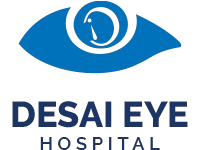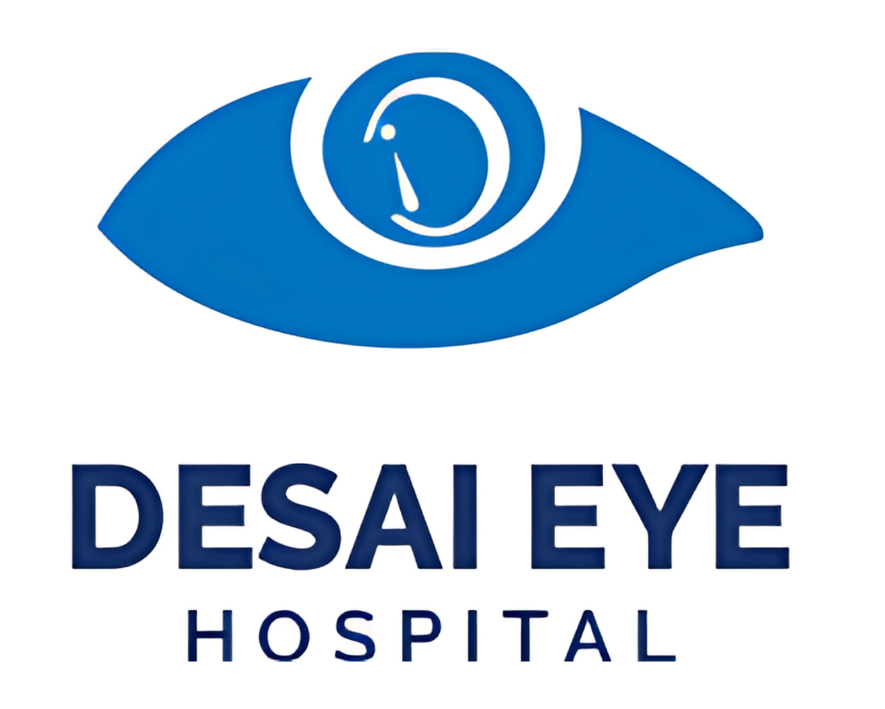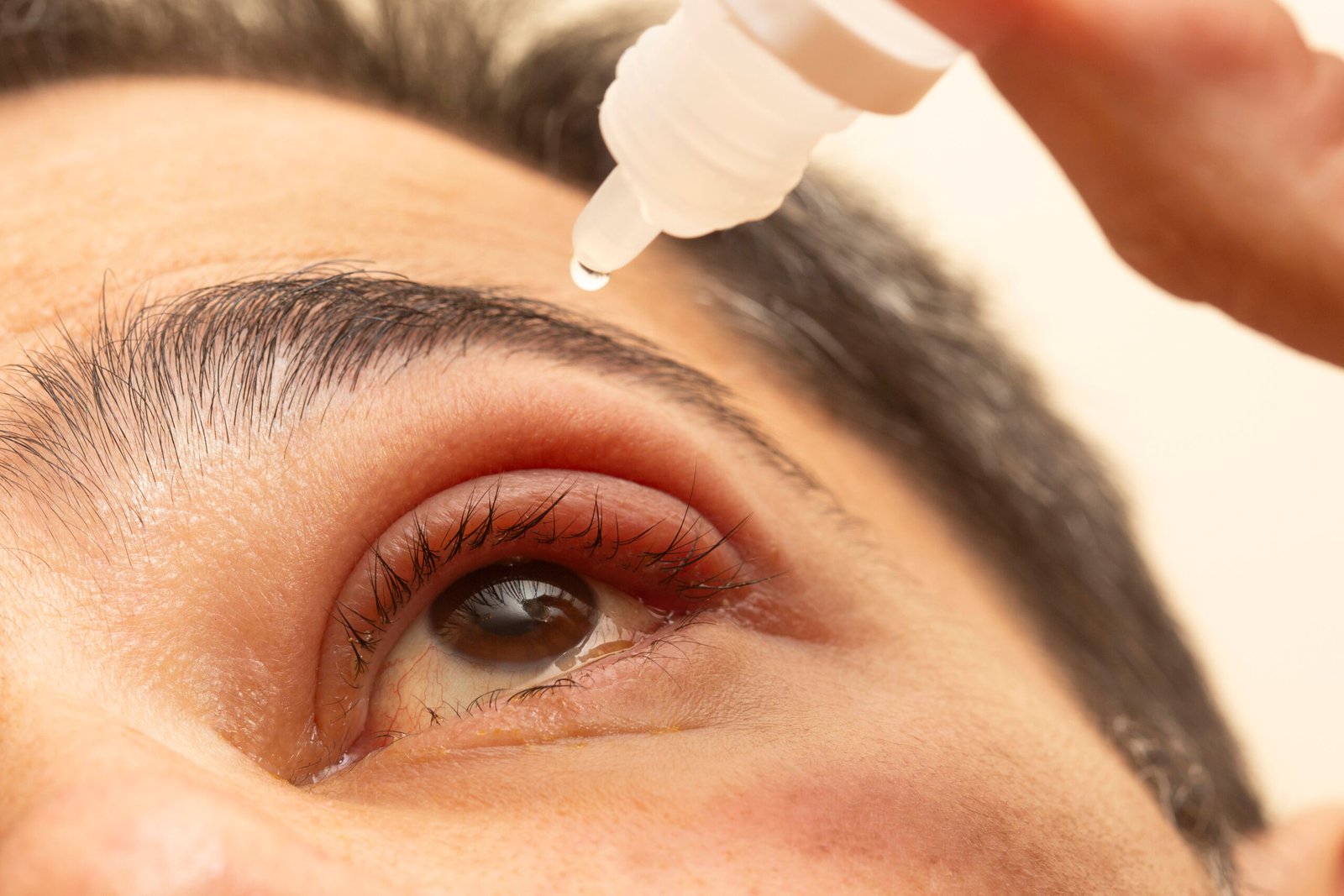Glaucoma is an ocular disease often referred to as the “silent thief of sight” because it leads to sight loss — sometimes without any early warning signs. It damages the optic nerve, most often due to increased intraocular pressure (pressure inside the eye).
Vision loss from glaucoma is particularly concerning because it usually has no symptoms in the early stages. By the time it is detected, significant and irreversible sight loss may have already occurred.
Understanding Glaucoma
Glaucoma has multiple subtypes, but the most common and clinically diagnosed form is Primary Open-Angle Glaucoma (POAG).
This type is characterized by a gradual increase in intraocular pressure due to the malfunction of fluid drainage from the eye.
Other Types of Glaucoma
- Angle-Closure Glaucoma: An abrupt blockage of fluid drainage, which is a medical emergency.
- Normal-Tension Glaucoma: The optic nerve is damaged even though the eye pressure is within the normal range.
- Secondary Glaucoma: Arises from another eye disorder, injury, or underlying condition.
Managing Glaucoma
Glaucoma cannot be reversed, so treatment focuses on preserving the remaining vision by lowering eye pressure and preventing further damage to the optic nerve.
This is why regular eye check-ups, especially for those above the age of 40 or with a family history of glaucoma, are crucial.
Treatment Options for Glaucoma
Option 1: Medicated Eye Drops
The first line of treatment for managing glaucoma is prescription eye drops.
They work by lowering intraocular pressure to prevent further damage.
Types of Glaucoma Eye Drops:
- Beta-Blockers: Reduce the production of eye fluid.
- Prostaglandin Analogs: (e.g., Neoprostan-1) Used once daily to increase fluid drainage.
- Carbonic Anhydrase Inhibitors: Reduce fluid production.
- Alpha Agonists: Both reduce fluid production and increase drainage.
At Desai Eye Hospital, we carefully select the eye drops that suit the patient’s eye condition and monitor for possible side effects such as stinging, redness, or eye discoloration.
Option 2: Oral Medications
When eye drops alone cannot control intraocular pressure, oral medications (such as carbonic anhydrase inhibitors) may be prescribed.
These are typically used short-term and may have systemic side effects.
Option 3: Laser Treatments
Laser therapy serves as an intermediate solution between medications and surgery. It is:
- Minimally invasive
- Quick
- Performed in an outpatient setting
Common Laser Procedures for Glaucoma:
- Selective Laser Trabeculoplasty (SLT): Improves drainage through the trabecular meshwork (commonly used for open-angle glaucoma).
- Laser Peripheral Iridotomy (LPI): Creates a small hole in the iris to relieve pressure in angle-closure glaucoma.
- Cyclophotocoagulation: Targets the ciliary body to reduce fluid production in severe cases.
Laser treatments are considered very safe and may reduce or eliminate the need for daily eye drops.
Option 4: Traditional Glaucoma Surgeries
When medications and laser treatments are insufficient, surgery may be required.
- Trabeculectomy: The gold standard surgery for glaucoma, creating a new drainage channel to lower pressure. Requires careful post-operative care.
- Glaucoma Drainage Devices (Shunts): Tiny implants placed in the eye to control fluid accumulation in complex or advanced cases.
At Desai Eye Hospital, our glaucoma surgeons use advanced techniques to ensure maximum safety and success.
Option 5: Minimally Invasive Glaucoma Surgery (MIGS)
MIGS represents the newest and most advanced form of glaucoma surgery.
- Less invasive
- Faster recovery
- Can be combined with cataract surgery
Examples of MIGS Procedures:
- iStent : A small device placed in the drainage angle to improve fluid outflow.
- XEN Gel Stent: Creates a tiny bypass for fluid to drain, reducing pressure.
MIGS is best suited for patients with mild-to-moderate glaucoma seeking a long-term solution.
Option 6: Advanced and Combined Surgeries
For complex glaucoma cases, combined surgeries may be necessary.
Desai Eye Hospital is also a top retina surgery in Vadodara and is equipped to handle challenging glaucoma-retinal cases.
Importance of Regular Follow-Ups
Glaucoma is a lifelong condition requiring consistent follow-up visits to:
- Check eye pressure
- Monitor optic nerve damage
- Adjust treatment plans as needed
Even in the absence of symptoms, missing follow-up appointments can significantly increase the risk of vision loss.
Why Choose Desai Eye Hospital
At Desai Eye Hospital, we are recognized among the best eye Hospital in Vadodara for our comprehensive glaucoma care.
We offer:
- Total Care: From initial assessment to advanced surgeries.
- Renowned Professionals: Experienced glaucoma specialists and surgeons.
- State-of-the-Art Equipment: OCT scans, visual field tests, and the latest surgical technology.
- Customized Treatment Plans: Tailored to each patient’s needs and lifestyle.
Our aim is to provide patient-centered, compassionate care to preserve vision and improve quality of life.
Conclusion
While glaucoma can be managed, early detection is key to preventing irreversible vision loss.
Thanks to advancements in treatment — from eye drops to MIGS surgery — patients today have the best chance to preserve their vision for life.
If you or a family member is at risk, schedule a comprehensive eye examination at Desai Eye Hospital, Vadodara — the city’s premier glaucoma. center of excellence.


